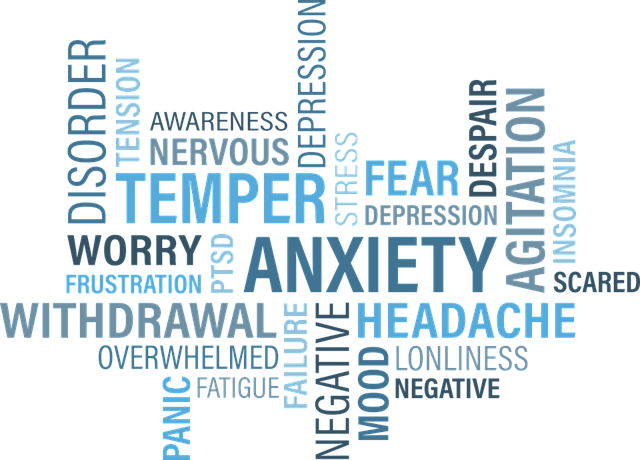When we are in Stress or Anxiety, a phenomenon happens in our brain – generally called ‘Brain fog’. This phrase is generally used for the condition when a person is not able to perform the task properly due to lack of focus, dysfunction of memory and learning abilities. In theory, brain fog symptoms look benign, but it can have a profound effect on your personal and professional life.
Brain fog Symptoms are:
- Lack of Focus
- Forgetfulness
- Cognitive Dissonance (tension due to conflicting thoughts)
- Slow and hazy thinking
- Difficulty in drawing or recognizing common shapes
- Weak Memory
- Feels like thoughts are muddled-up
- Difficulty in conversation
- Issues in learning
- Nervousness
- Increase in Anxiety
There is no simple way to test brain fog. Generally, you feel as if your head is filled with cotton wool. You will not be able to think clearly, it will be difficult to remember things, along with learning issues. It can also be understood as the opposite of being calm, motivated and optimistic.
What is the cause of brain fog? A ready list for your reference:
- Overactivation of Fear centers of the brain and suppression of the rational brain
- Increase in Stress Hormones in the body
- Change in brain functions due to excessive anxiety
- Suppression of the learning area of the brain due to high stress
- Suppression of the memory area of the brain due to high stress
- Cognitive dissonance (tension created through two conflicting beliefs or thoughts at the same time)
Brain Fog created through Stress can be easily solved with good sleep. Now, what is good sleep? As per the NSF, good sleep includes:
- Sleep at least 85% of the time when in bed
- Falling asleep in 30 minutes or less
- Waking up no more than once in the night
- Being aware for 20 minutes or less after initially falling asleep
Sleep is critical to our cognitive performance. Sleep is also critical for your long-term mental and physical health. Studies have found that employees are less satisfied, less productive, and less creative if they do not have good sleep or no sleep. You must have experienced if you do not have much sleep you feel moody and foggy brained. Partial insomnia created by stress or anxiety creates brain fog.
In the Information and Technology industry (IT) it was common to work late night and I found that I was working regularly till midnight in the starting phase of my project. I was in a very critical takeover project and the stakes were very high. The difference in the time-zone with implementation country was also not helping. Slowly my sleep time became more irregular and reduced to 3 hours at a stretch. Then the big implementation day came close, and I could not sleep due to all the pending work. So many people were working round the clock in different geographies and I was coordinating them all. What Stress!!
I was deprived of sleep a day before implementation until the next 2 days sorting out post-production issues. I did not sleep for a straight 72 hours. This was the last straw – after that day slowly my memory, my communication and understanding skills started deteriorating.
After 10 days when I came back home, I was in a very bad shape. I had a severe brain fog condition. I could not think clearly. I was getting tired with little bit of work as I was facing difficulties in concentrating on the work at hand. I was constantly having the stress of work and conflicting thoughts.
I went to the doctor to understand what is wrong with me. He told me that I was suffering from brain fog which is caused by extreme stress. He gave me tablets and asked me to take leave from the office for a few days. I informed my manager about my condition and went on leave. I slept like a log during that time. I would just wake up, eat, talk with my family for a few hours and then go back to sleep. Slowly in a few days’ time, my brain fog cleared. Sleep was one of the key remedies that solved my brain fog.
So, what do you need to do to for good sleep?
- Be in Sun for some time i.e. bright light exposure in the daytime
- Exercise in the morning
- Reduce caffeine intake and avoid it at night
- Avoid mobile, computer and TV at least 2 hours before bed
- Fix a time for sleep and waking up
- Avoid alcohol at night time
- Avoid white light in the night; instead, use the yellow ones
- Eat 3-4 hours before sleep
- Try eating light food at night
- Relax in the evening through breathing and meditation
- Set a comfortable room temperature
- Get a comfortable bed, mattress, and pillow
Sleep well, Stay Healthy and Stress-free!!





Well written.. All one has to follow these simple method to avoid brain fog.